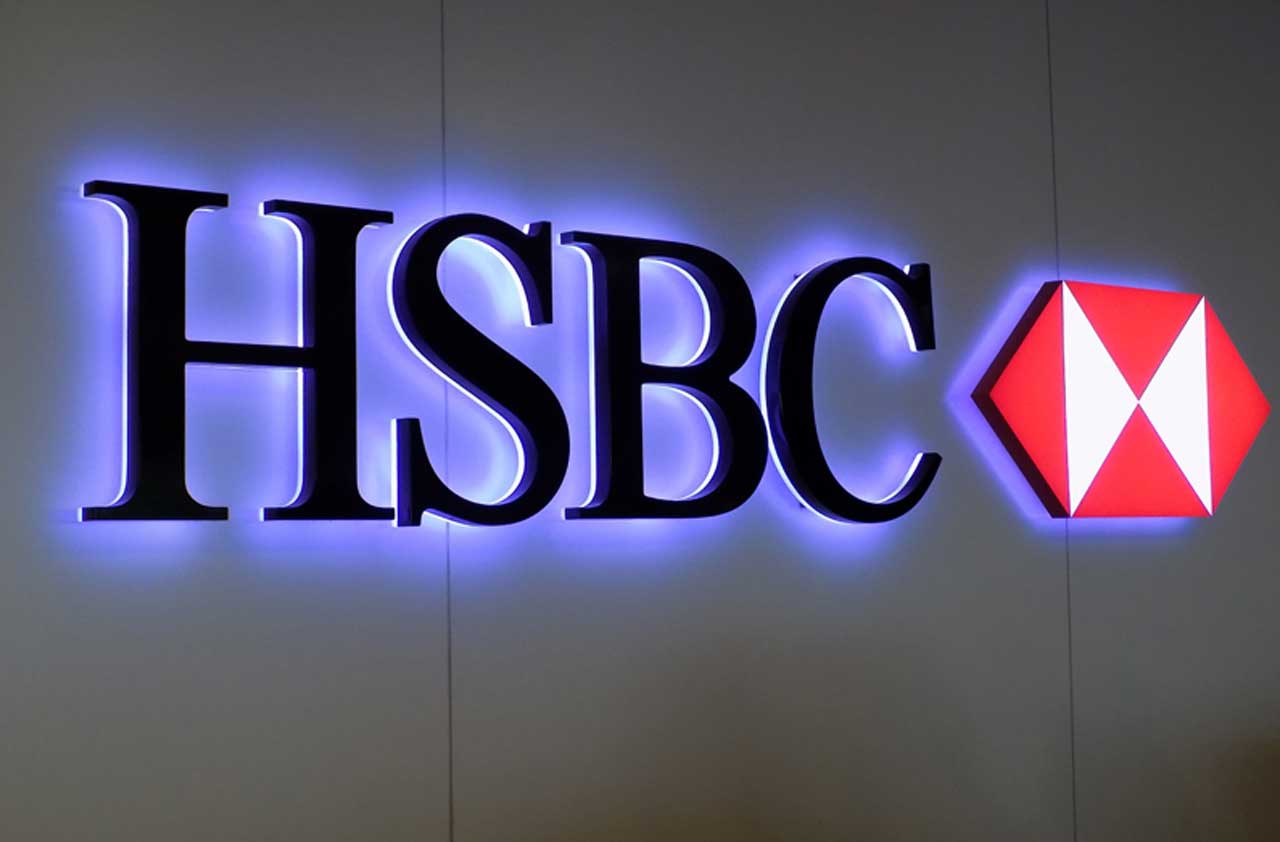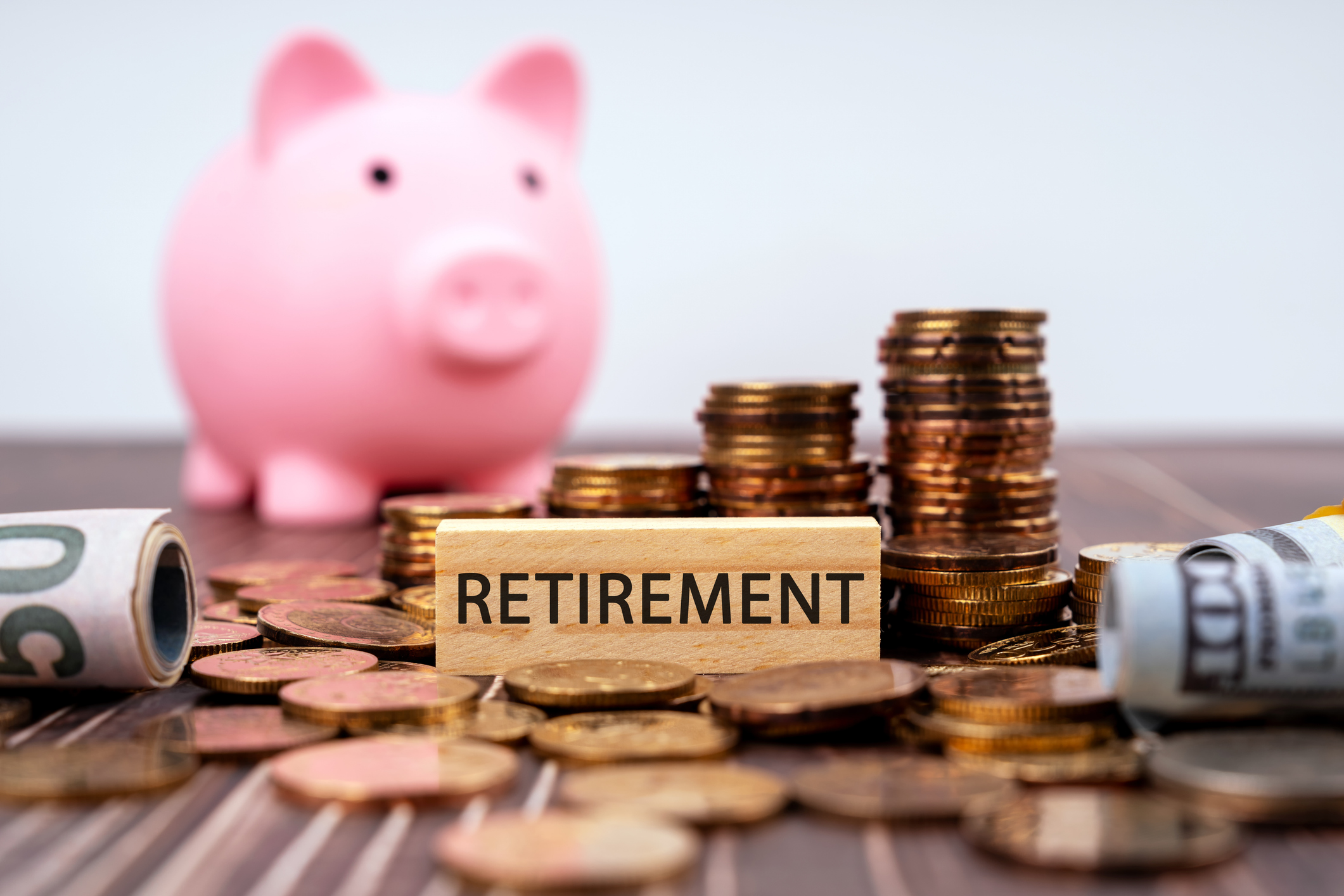4 High-Yield Dividend Stocks Worth the Risk
Conventional wisdom holds that the higher a stock’s dividend yield, the riskier the investment.


Profit and prosper with the best of Kiplinger's advice on investing, taxes, retirement, personal finance and much more. Delivered daily. Enter your email in the box and click Sign Me Up.
You are now subscribed
Your newsletter sign-up was successful
Want to add more newsletters?

Delivered daily
Kiplinger Today
Profit and prosper with the best of Kiplinger's advice on investing, taxes, retirement, personal finance and much more delivered daily. Smart money moves start here.

Sent five days a week
Kiplinger A Step Ahead
Get practical help to make better financial decisions in your everyday life, from spending to savings on top deals.

Delivered daily
Kiplinger Closing Bell
Get today's biggest financial and investing headlines delivered to your inbox every day the U.S. stock market is open.

Sent twice a week
Kiplinger Adviser Intel
Financial pros across the country share best practices and fresh tactics to preserve and grow your wealth.

Delivered weekly
Kiplinger Tax Tips
Trim your federal and state tax bills with practical tax-planning and tax-cutting strategies.

Sent twice a week
Kiplinger Retirement Tips
Your twice-a-week guide to planning and enjoying a financially secure and richly rewarding retirement

Sent bimonthly.
Kiplinger Adviser Angle
Insights for advisers, wealth managers and other financial professionals.

Sent twice a week
Kiplinger Investing Weekly
Your twice-a-week roundup of promising stocks, funds, companies and industries you should consider, ones you should avoid, and why.

Sent weekly for six weeks
Kiplinger Invest for Retirement
Your step-by-step six-part series on how to invest for retirement, from devising a successful strategy to exactly which investments to choose.
Conventional wisdom holds that the higher a stock’s dividend yield, the riskier the investment. In fact, a fat yield is sometimes a sign of big problems. Because a stock’s yield is calculated by dividing the annual dividend by the share price, the yield goes up when the stock falls (assuming that the payout remains constant or rises). So an ultra-high yield is often investors’ way of saying that they don’t think the dividend rate is sustainable.
But with interest rates scraping bottom, high-yielding stocks can be welcome additions for income-starved investors. So we went on a mission to find good stocks with high yields and reliable dividends. We searched for companies with the financial strength to maintain their payouts, as well as fair prospects for boosting sales and profits (maybe not right away, but within a few years). Our four picks aren’t steady-Eddie blue chips, so tread carefully.
Two of the firms we highlight, HSBC Holdings and Las Vegas Sands, pay “qualified” dividends, meaning those payouts get preferential tax treatment—a federal tax rate of 15% for most people. The other companies we highlight pay dividends that are not qualified, so payouts are treated as ordinary income.
All prices and returns are through August 16. Price-earnings ratios are based on estimated earnings over the next four quarters, except where noted.

Enterprise Product Partners LP
- Symbol: EPDPrice: $27.39Market capitalization: $57.3 billionP/E: 20Yield: 5.8%
Enterprise Product Partners is a huge player in moving and storing energy—it operates pipelines, processing plants and storage facilities for natural gas and natural gas liquids. The firm accounts for almost 20% of the Alerian MLP index, a prominent benchmark of energy master limited partnerships.
Energy MLPs receive special tax treatment designed to help promote energy infrastructure. MLPs can “pass through” all of their income to investors without paying corporate taxes (hence the stocks’ healthy yields). Just be aware that the tax benefit means you have to contend with a K-1 partnership form come tax time.
Sinking oil prices in 2014, 2015 and early 2016 hurt energy MLPs, but this year’s rebound, from a 13-year low of $27 per barrel in February to the current $46.63 has helped boost the shares and should lead to improved profits. Analysts expect Enterprise Product’s earnings to rise by 1% in 2016 and by 14% in 2017. That should allow the firm to maintain the current annual distribution rate of about $1.60 per unit, and perhaps edge it upward a bit.

HSBC Holdings PLC
- Symbol: HSBCPrice: $35.35Market capitalization: $126.1 billionP/E: 12 (based on estimated 2016 earnings)Yield: 7.2%
Things aren’t exactly rosy at HSBC, the bank that was founded in 1865 as the Hongkong and Shanghai Banking Corporation and is now a London-based financial services firm with a global reach. Sales and profits have been on a downward trend since 2011. The slowdown in China’s economic growth has been a drag, given that Asia accounts for 39% of the firm’s revenues. And the U.K.’s decision to leave the European Union adds more uncertainty.
HSBC’s stock has taken a licking, off more than 50% from its 2007 high. The shares now trade at 16% less than the company’s tangible book value (what its assets, less liabilities, would fetch if the bank were to be liquidated). Analysts expect HSBC to earn $2.99 per share in 2016, a decline of 6.6% from the previous year. But S&P Global analyst Erik Oja expects a jump to $3.20 per share in 2017. Both figures are well above the $2.55 per share that HSBC paid out over the past four quarters.

New Residential Investment
- Symbol: NRZPrice: $13.95Market capitalization: $3.2 billionP/E: 7 (based on estimated 2016 earnings)Yield: 13.0%
You know that monthly mortgage payment you make? The bank that sold you the loan probably doesn’t want to service it anymore—that involves accepting monthly payments, setting aside a portion for taxes and insurance, and so on—so it is selling the rights to service your loan (and its other mortgages) to other companies. One of those buyers is New Residential Investment, a real estate investment trust.
REITs invest in everything from apartment buildings to offices, malls and hotels. But mortgage REITs specialize in real estate debt. New Residential is buying servicing rights from banks and lenders, for which it receives a portion of the interest payments made on the underlying mortgages—typically about 0.25% to 0.50% on the unpaid principal balance of a mortgage. In the end, it doesn’t actually service the loans; firms it partners with do that, in exchange for a fee.
New Residential’s business model is “unique,” says Credit Suisse analyst Douglas Harter, who calls the firm his favorite mortgage REIT. One reason he likes it: The mortgage-servicing business is shielded from rising rates. When rates rise, the value of New Residential’s mortgage-servicing rights is expected to increase—in part because borrowers won’t refinance their loans.

Las Vegas Sands
- Symbol: LVSPrice: $52.36Market capitalization: $41.6 billionP/E: 22Dividend yield: 5.5%
People aren’t gambling as much at the gaming resorts built by Las Vegas Sands, and that has chopped sales and profits at the firm. As its name suggests, the company owns properties in Las Vegas. But the biggest decline Sands has experienced has been at its four Macau properties (it has another resort opening in September). Rich Chinese filled the tables at Macau, a special administrative region of China, until the government launched a crackdown on corruption, which discouraged travelers.
The decline in sales is slowing, so some analysts expect better times in Macau. Value Line analyst Dominic Silva says the September opening of two more resorts in Macau (the second is owned by another company) may revive business on the peninsula. Analysts expect Sands’ profits to decline by 14% in 2016, but they see earnings rebounding by 13% next year. Sands’ shares have plunged by more than 60% since October 2007.
Profit and prosper with the best of Kiplinger's advice on investing, taxes, retirement, personal finance and much more. Delivered daily. Enter your email in the box and click Sign Me Up.

Nellie joined Kiplinger in August 2011 after a seven-year stint in Hong Kong. There, she worked for the Wall Street Journal Asia, where as lifestyle editor, she launched and edited Scene Asia, an online guide to food, wine, entertainment and the arts in Asia. Prior to that, she was an editor at Weekend Journal, the Friday lifestyle section of the Wall Street Journal Asia. Kiplinger isn't Nellie's first foray into personal finance: She has also worked at SmartMoney (rising from fact-checker to senior writer), and she was a senior editor at Money.
-
 Nasdaq Leads a Rocky Risk-On Rally: Stock Market Today
Nasdaq Leads a Rocky Risk-On Rally: Stock Market TodayAnother worrying bout of late-session weakness couldn't take down the main equity indexes on Wednesday.
-
 Quiz: Do You Know How to Avoid the "Medigap Trap?"
Quiz: Do You Know How to Avoid the "Medigap Trap?"Quiz Test your basic knowledge of the "Medigap Trap" in our quick quiz.
-
 5 Top Tax-Efficient Mutual Funds for Smarter Investing
5 Top Tax-Efficient Mutual Funds for Smarter InvestingMutual funds are many things, but "tax-friendly" usually isn't one of them. These are the exceptions.
-
 What Fed Rate Cuts Mean For Fixed-Income Investors
What Fed Rate Cuts Mean For Fixed-Income InvestorsThe Fed's rate-cutting campaign has the fixed-income market set for an encore of Q4 2024.
-
 The Most Tax-Friendly States for Investing in 2025 (Hint: There Are Two)
The Most Tax-Friendly States for Investing in 2025 (Hint: There Are Two)State Taxes Living in one of these places could lower your 2025 investment taxes — especially if you invest in real estate.
-
 The Final Countdown for Retirees with Investment Income
The Final Countdown for Retirees with Investment IncomeRetirement Tax Don’t assume Social Security withholding is enough. Some retirement income may require a quarterly estimated tax payment by the September 15 deadline.
-
 The 24 Cheapest Places To Retire in the US
The 24 Cheapest Places To Retire in the USWhen you're trying to balance a fixed income with an enjoyable retirement, the cost of living is a crucial factor to consider. Is your city the best?
-
 How Inflation, Deflation and Other 'Flations' Impact Your Stock Portfolio
How Inflation, Deflation and Other 'Flations' Impact Your Stock PortfolioThere are five different types of "flations" that not only impact the economy, but also your investment returns. Here's how to adjust your portfolio for each one.
-
 Why I Still Won't Buy Gold: Glassman
Why I Still Won't Buy Gold: GlassmanOne reason I won't buy gold is because while stocks rise briskly over time – not every month or year, but certainly every decade – gold does not.
-
 Should You Use a 25x4 Portfolio Allocation?
Should You Use a 25x4 Portfolio Allocation?The 25x4 portfolio is supposed to be the new 60/40. Should you bite?
-
 Retirement Income Funds to Keep Cash Flowing In Your Golden Years
Retirement Income Funds to Keep Cash Flowing In Your Golden YearsRetirement income funds are designed to generate a reliable cash payout for retirees. Here are a few we like.
